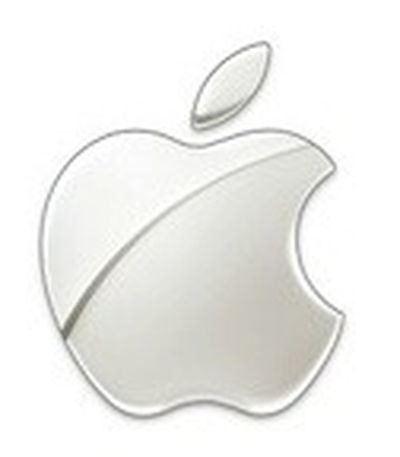 Major US companies from various business sectors have joined together to form a lobbying group that opposes pending patent reform legislation proposed by Congress, reports Reuters. The new Partnership for American Innovation includes Apple, DuPont, Ford, General Electric, IBM, Microsoft and Pfizer.
Major US companies from various business sectors have joined together to form a lobbying group that opposes pending patent reform legislation proposed by Congress, reports Reuters. The new Partnership for American Innovation includes Apple, DuPont, Ford, General Electric, IBM, Microsoft and Pfizer.
The change proposed by Congress would target patent assertion entities (PAEs), which purchase patents with the sole intention of licensing them to other companies or suing non-licensees for infringement. Companies, like Apple, want to limit the ability of PAEs to sue for infringement, but they are concerned that the proposed legislation may hurt actual innovations that need patent protection.
"There's a feeling that the negative rhetoric is leading to a very anti-patent environment," said David Kappos, director of the U.S. Patent and Trademark Office from 2009 to 2013, who advises the group. He is with the law firm Cravath, Swaine and Moore, LLP.
In particular, the group would oppose efforts to make software or biotechnology unpatentable.
Rather than limit what ideas are patentable, the group supports efforts to penalize patent trolls for filing frivolous lawsuits. Apple, Google and other technology companies recently asked the Supreme Court to make it easier for companies to collect attorney fees when patent holding companies lose infringement lawsuits. This allocation of fees, companies argue, would cut down on the number of frivolous suits.
Apple reportedly is the number one target for patent trolls with an estimated 171 cases filed against the company in the last five years. Apple recently confirmed it has been sued 92 times in the past two years and faces 228 unresolved patent claims still in the court system.



















Top Rated Comments
I'm not opposed to patents, I just believe the 'bar' should be set far higher.
As to why slide to unlock was obvious, look at the options:
- One physical button press to unlock? Too easy to accidentally turn the phone on.
- A combination of physical button presses to unlock? Doesn't work well on a device without a physical keypad or many buttons!
- A touch-press/gesture to unlock? Easy to press accidentally, and requires the touch-screen to be constantly on meaning battery drain.
- Unlock via motion using the accelerometer? Doesn't work well, as a device in a pocket could be accidentally triggered via motion.
So the only unlock option left was a combination of physical button to activate the touch-screen plus some kind of on-screen gesture. All that Apple invented is basically a direction of slide! The reason no one did it before is because most previous devices had a physical keyboard so didn't have this problem.
Rockstar is practicing, how do you mean it's an NPE?
----------
Only if you believe they're a patent troll - which would mean you have no idea what a patent troll really is.
Hope you never think of something new and great that nobody else thought of, then try to make money off of it....
If slide to unlock was so obvious, why were they the first to implement it?
I think you have no understanding about this situation or what patent trolls are.
I have no problem with anyone asserting a patent, if it's original work and (crucially) non-obvious / incremental work. I don't care if it's Apple, Google, Samsung, or a tiny firm that bought the patent off the inventor. I see no reason why the law should be biased towards the larger companies.
It's concepts like one-click purchasing (Amazon), hyperlinks (BT tried to patent it, failed), and slide-to-unlock (Apple) that shouldn't be patents, along with scan-to-email (MPHJ Technology).
I don't care who's trying to assert these patents. In a free-market society, being able to apply to a Government agency for a nationwide monopoly on a service/product/feature is something that should be done sparingly, carefully and thoughtfully. Not "Award them all, let the courts sort it out".